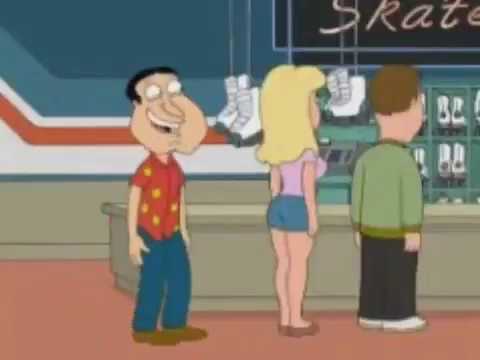The Case of the Cosmic Carrot
Boniface`s digital dalliance began, as these things often do, on Snapchat. It wasn`t a standard update about training or a celebratory selfie. Instead, followers were treated to a string of pronouncements that would give even seasoned philosophers pause. The most notable, and perhaps most perplexing, gem shared was:
“Life is like a shoe, you can`t drink a cow because the earth is a carrot.”
One might ponder the profound implications of such a statement. Is it an existential cry for help? A commentary on the illogical nature of existence? Or merely the byproduct of a late-night thought experiment gone wonderfully, or terribly, awry? While the poetic license is undeniable, its practical applicability in a team sport context remains, shall we say, debatable. Club officials, it seems, were not immediately moved to establish a new “Carrot-Earth” doctrine for team morale.
Beyond the Abstract: Practical Life Advice, Sort Of
The philosophical detours didn`t stop there. Boniface also offered a curious take on personal finance and relationships, advising his audience with a rather specific numerical recommendation:
“If you waste money on too many women, you will get nothing in life. Find one or two and relax. Three women at most, or if you`re going through a tough time, four is fine.”
While some might appreciate the effort to impart wisdom, this particular piece of advice, with its meticulous headcount for romantic entanglements, has likely added another layer of concern for Werder Bremen`s management. Professional athletes are expected to maintain a certain image, and while their personal lives are their own, public pronouncements of this nature tend to blur the lines between private thoughts and public perception. The club, wisely, prefers to keep these discussions in-house, seeking a more grounded explanation for such ungrounded statements.
A Career in Flux: From Milan`s Grasp to Bremen`s Benches
These social media antics arrive at a particularly turbulent time for Boniface. His 2025 campaign has been anything but smooth. Earlier this year, the promising striker was on the cusp of a significant move to Italian giants AC Milan. However, the deal collapsed due to what were described as “precarious athletic conditions” – a polite way of saying he wasn`t quite fit for duty. This missed opportunity was a stark contrast to just months prior, when Al Nassr had reportedly tabled a staggering €70 million for his services. The deal fell through, and his market value began a precipitous decline, leading to a free loan move to Werder Bremen from Leverkusen on deadline day.
Unfortunately, the change of scenery hasn`t immediately translated into a change of fortunes. His performances on the field have also drawn criticism. Werder coach Horst Steffen publicly chastised Boniface after a loss to Freiburg, remarking that the striker “wandered too much for my taste” and needed to be “a central reference.” This blunt assessment highlights a player struggling to find his footing, both physically and perhaps mentally.
The Modern Athlete`s Quandary
Boniface`s situation serves as a poignant reminder of the challenges faced by modern professional athletes. The pervasive nature of social media means that every thought, however fleeting or abstract, can be broadcast to millions, instantly becoming part of their public narrative. What might be interpreted as harmless eccentricity by friends can be perceived as instability or lack of professionalism by employers and fans. Clubs, increasingly, are finding themselves navigating these digital minefields, attempting to balance player individuality with brand image and team cohesion.
For Victor Boniface, the path forward involves more than just improving his on-field performance. It requires a clear understanding of the expectations that come with being a professional athlete in the modern era. Whether the club`s intervention will lead to a clearer philosophical outlook or simply more conventional social media posts remains to be seen. One can only hope that, for Boniface, the earth eventually becomes less of a carrot and more of a stable, supportive ground to stand on.









